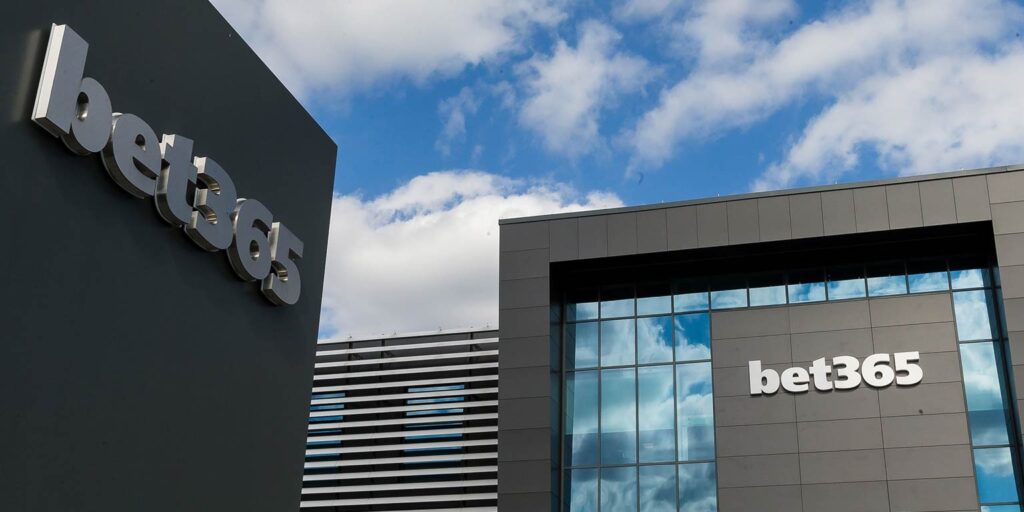Bet365, a leading online gambling operator, reported a significant loss of £61.2 million for the fiscal year ending on March 26, 2023, in stark contrast to the £42.8 million profit posted the previous year. The company attributed this loss to a surge in costs across its operations.
Direct costs increased by 4.1%, reaching £516.6 million, while administrative expenses soared by 42.2% to £2.93 billion.
Despite these challenges, Bet365 managed to boost its revenue during the same period.
The operating loss for the year amounted to £37.3 million, compared to a profit of £15.4 million in the prior year.
Additionally, there was a £62.6 million loss in fair value on investments, somewhat offset by £27.2 million in interest income.
The pre-tax loss stood at £72.6 million, a significant decline from the previous year’s £49.8 million profit. However, Bet365 was able to recover £3.2 million in tax benefits and £11.4 million from foreign currency translation.
Taking into account other factors, including a £3.2 million loss from the re-evaluation of land and buildings, the company reported a total loss of £61.2 million.
Despite the headline loss, Bet365 achieved substantial revenue growth. Sports betting and gaming revenue for the year surged by 18.9% to reach £3.39 billion.
This included a 15.0% increase in sports betting revenue and a remarkable 31% growth in gaming revenue.
The company also welcomed a 29% rise in new customers, albeit lower than the previous year’s 48% increase.
CEO Denise Coates attributed this success to various developments, such as improvements to Bet365’s Bet Builder and Bet Boost products and an expanded trading platform with more in-play and pre-match markets.
Coates highlighted Bet365’s growing presence in the United States, with launches in several states, including Colorado, Ohio, Virginia, Iowa, Kentucky, and Louisiana, as well as a foothold in Ontario, Canada.
Regarding gaming, Coates emphasized the “quality over quantity” approach, citing revenue growth driven by improved localization in key markets, content integration from leading providers, and ongoing optimization of in-house games content.
She also mentioned investments in the proprietary Games Recommendation Engine (GRE) and significant growth in the live casino segment.
Analysts have expressed positivity over Bet365’s revenue growth and evolving customer base, although they noted that the company’s unique selling proposition (USP) is becoming less clear, potentially leading to faster cost increases relative to revenue growth.
The future direction of Bet365, whether focused on regenerative M&A or as a reliable cash machine, remains a significant question in the gambling industry.
Bet365’s focus continues to be on expanding its presence in regulated markets worldwide, with a commitment to pursuing licenses in commercially viable regions and actively engaging with regulators to ensure compliance and long-term growth.
